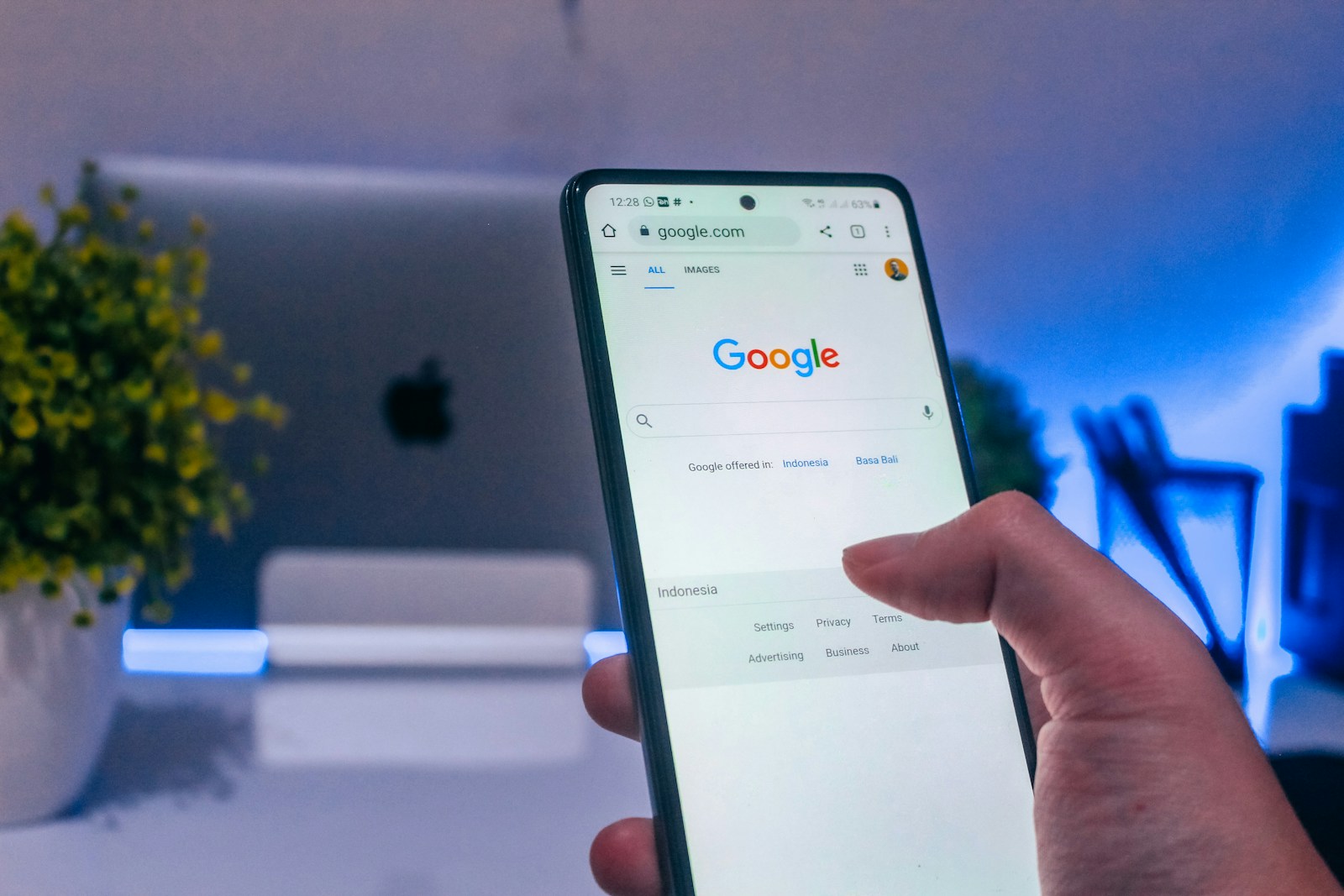Introduction to Local SEO
Local SEO helps businesses show up when nearby customers search for services or products like yours on Google. This means if someone searches for “pizza near me” or “best plumber in Toronto,” local SEO helps your business appear in those results. Local SEO matters because more people now use their phones to find local businesses, and most of them visit or contact a business they see online. With the rise of “near me” searches, being visible locally can significantly attract new customers.
Whether you’re a small café, a clinic, or a local SEO company Toronto, optimizing your presence helps you stand out in your city or neighborhood.
What is Local SEO & How It Works
Local SEO is optimizing your online presence to attract local customers through search engines. Unlike traditional SEO (which ranks websites globally), local SEO focuses on proximity, relevance, and reputation.

How It Works:
- Google uses location signals (address, city, keywords) to display local results.
- Local Pack & Maps: When you search “plumber near me,” Google shows a map with 3 top listings (Local Pack) and business profiles.
- Google Business Profile (GBP): A free listing that helps businesses appear in local searches.
Example: A pizza shop or local SEO company Markham with an optimized GBP listing ranks higher for “pizza delivery Toronto” or “SEO help Markham” than a generic listing.
Why Local SEO is Important in 2025
- 46% of Google searches have local intent (HubSpot, 2024).
- “Near me” searches grew by 150% in 5 years (Google Trends).
- 76% of mobile searches lead to in-store visits within a day (Search Engine Land).
For small businesses, local SEO is a game-changer because:
- Google prioritizes nearby businesses.
- Customers trust local listings more than ads.
- It’s cost-effective compared to traditional marketing.
For small businesses, local SEO services are a game-changer. Google prioritizes nearby businesses. Customers trust local listings more than ads. It’s cost-effective compared to traditional marketing. Whether you’re a plumber, salon owner, or local SEO company Uxbridge, this strategy is key to increasing visibility and leads.
Local SEO vs Traditional SEO
| Feature/Element | Traditional SEO | Local SEO |
| Target Audience | National/Global | Local/Regional |
| Ranking Focus | Website pages | Google Maps, Local Pack, GMB |
| Keywords | Broad, industry-related | Location-based, “near me” |
| Main Tools | Google Analytics, SEMrush | Google Business Profile, Moz Local |
| KPIs | Organic traffic, backlinks | Calls, direction requests, reviews |
| Content | General, long-form | Localized, community-focused |
| Link Building | National/international sites | Local directories, local sites |
Traditional SEO is about getting your website to rank for keywords across the country or the world. Local SEO is about getting your business to show up in local searches, maps, and directories, focusing on people nearby.
Key Elements of a Successful Local SEO Strategy
Google Business Profile Optimization
Claim and verify your Google Business Profile. Fill out all details—business name, address, phone, hours, and categories. Add high-quality photos and keep your info updated. Encourage customers to leave reviews and respond to them regularly.
NAP Consistency (Name, Address, Phone)
Make sure your business name, address, and phone number are the same everywhere online—your website, directories, and social media. Inconsistent NAP info can confuse both customers and search engines.
Local Keywords Targeting
Make use of keywords related to your city, neighborhood, or area. For instance, “emergency plumber near me” or “best pizza in Toronto.” Naturally, incorporate these keywords into the headings, titles, and content of your website.
On-Page SEO for Location Pages
Create dedicated pages for each location you serve. Include local keywords, directions, and unique content about each area. Add a map and customer testimonials to build trust.
Citations and Directories
List your business on trusted directories like Yelp, BBB, Yellow Pages, and local chamber of commerce sites. Make sure your NAP info matches exactly.
Localized Content Creation
Write blog posts or articles about local events, news, or tips related to your services. Mention local landmarks, neighborhoods, or community activities to show you’re part of the area.
Schema Markup (LocalBusiness Schema)
Add the LocalBusiness schema to your website’s code. This helps search engines understand your business location, hours, and contact details, improving your chances of showing up in rich results.
Mobile-Friendliness & Core Web Vitals
Most local searches happen on mobile devices. Make sure your site loads quickly, looks good on phones, and passes Google’s Core Web Vitals for speed and usability.
Local Link Building
Get links from local news sites, blogs, and community organizations. Sponsor local events or partner with nearby businesses to earn relevant local backlinks.
Hiring a local SEO company Markham or local SEO company Uxbridge can be beneficial for getting quality local links and outreach support.
Common Local SEO Mistakes to Avoid
- Inconsistent NAP info across different sites can hurt your rankings and confuse customers.
- Ignoring mobile performance means losing out on most local searchers who use their phones.
- Having duplicate listings for your business can split your reviews and lower your visibility.
- Not responding to customer reviews (good or bad) can make your business look unresponsive.
- Keyword stuffing your business name or content can lead to penalties and lower rankings.
How to Track & Measure Local SEO Performance
Use tools like Google Search Console to track website clicks and impressions. Google Business Profile Insights shows how many people called, requested directions, or visited your website from your listing. Tools like Moz Local and BrightLocal help track your rankings and local citations.
Key metrics to watch include:
- Number of clicks, calls, and direction requests from your GMB profile
- Local keyword rankings
- Website traffic from local searches
- Number and quality of reviews
To measure ROI, compare the number of leads or sales from local search before and after your SEO efforts. Track which actions (calls, visits) lead to real business.
Local SEO Tools You Should Know
- Google Business Profile: Manage your business info and interact with customers.
- Moz Local: Track and manage your local listings and citations.
- BrightLocal: Monitor rankings, reviews, and local search performance.
- Semrush Local: Analyze local keywords and competitors.
- Yext: Keep your business info consistent across many directories.
- Whitespark: Find citation opportunities and track rankings.
- Screaming Frog: Audit your website for SEO issues.
If you’re unsure where to begin, a professional local SEO company can help you set up these tools and build a strategy tailored to your business.
Local SEO Case Study or Example
Let’s look at a local dental clinic. The clinic struggled to attract new patients despite having a good website. Their challenges included low visibility on Google Maps, inconsistent business info on directories, and few online reviews.
Here’s what they did:
- Claimed and optimized their Google Business Profile with updated info and photos.
- Fixed NAP inconsistencies across directories.
- Asked happy patients to leave Google reviews.
- Added location-specific keywords to their website and created a “Dentist in [City]” page.
- Built local citations and got listed on health-related directories.
Results after six months:
- 40% increase in website traffic from local searches
- 60% more calls and appointment requests from Google
- Over 25 new 5-star reviews
- Top 3 ranking in Google’s Local Pack for “dentist near me”
Conclusion
Local SEO is essential for any business that wants to attract more customers from their area. By optimizing your online presence, you can stand out in local searches and grow your business. Start by auditing your local SEO today—check your business info, reviews, and website.
Need expert support? Contact our local SEO company to get a detailed audit and strategy. Whether you’re in Toronto, Markham, or Uxbridge, our local SEO services are tailored to help your business grow locally.
FAQs on Local SEO
- What is the difference between SEO and local SEO?
SEO focuses on ranking your website for keywords nationally or globally, while local SEO targets people searching for businesses in a specific area. - Is local SEO worth it for small businesses?
Yes, local SEO helps small businesses attract more nearby customers and compete with bigger brands. - How do I rank in Google Maps?
Optimize your Google Business Profile, keep your info consistent, get reviews, and use local keywords on your website. - Can I do local SEO myself?
Yes, many local SEO steps are simple and free, but you can hire experts for better results. - How long does local SEO take to work?
You can see some improvements in a few weeks, but strong results usually take 3–6 months.



